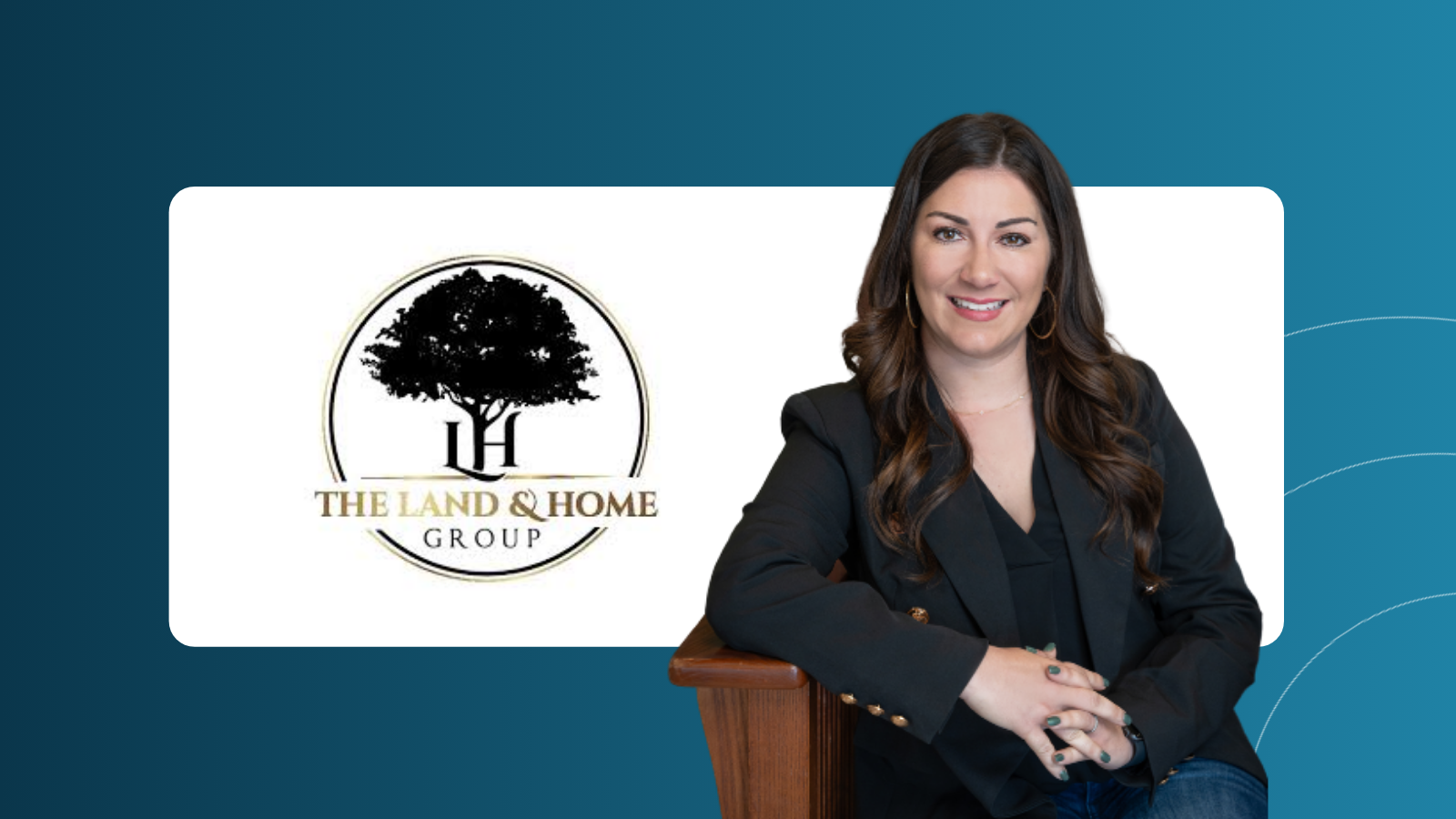Too often public relations, or PR as it’s more commonly known, is viewed as a negative thing. As far back as we can all remember brands and people have needed PR to support them in a crisis. But, PR is so much more than just for covering up a scandal. When done right, PR can amplify your business, the right way, and help amplify your message and become a valuable tool in your real estate toolbox. And, there are aspects of PR that as an agent you probably already excel in.
The definition of PR from the Public Relations Society of America is “a strategic communication process that builds mutually beneficial relationships between organizations and their publics.” So, it’s not just about what a person or company says to the public, but what the public says back.
Just like in real estate, it’s all about building relationships. Let’s dive in to see how you can build better relationships by defining your brand and sharing your expertise.
Find your brand
Before you totally dive into the world of PR real estate and promoting yourself and your business in the news, it’s important to find your brand.
What topics are you truly an expert on? What areas of the real estate world could you be interviewed on that would help your current or future clients want to work with you?
Inventory shortage, price acceleration, new construction, rental market? What’s your bread and butter in the market?
Or, on the flipside — do you have a side hustle that you’re well known for or want to be known for? Are you an expert stager, interior design master, philanthropist?
Nailing down your brand and your angle will help make the other tips even easier.
Proactively share your expertise
A secret among PR pros is a free (yes, free) service called Help A Reporter Out, or HARO. Each day, or multiple times a day if you choose, HARO will send you an email full of queries from reporters and journalists on a wide array of topics. You can narrow in on the topics you’re an expert in, or get the general queries to see where you can be of service.
Each query includes where the reporter works (except on the rare occasion it says anonymous which often means it’s a bigger outlet — hello, Forbes), what the requirements are for the source and a deadline. Make sure you respond as quickly as possible for a higher chance of getting included in the article. Here’s an example:

Example of a HARO request looking for real estate experts for a story on Realtor.com
Take those expert topics you nailed down above and respond to these queries. Not every query you respond to will get you coverage, but you will often find success. Getting included as a source in an article gives you a great piece of content that you can promote on social media, and it also helps boost your SEO.
Work with local media
While HARO is typically more for the national media outlets, you can also do some PR for yourself in your local market.
Find the email addresses for reporters in your local market that cover the topics you’re an expert in and send them an email to introduce yourself. Offer yourself as a source for those topics and share why you would be a good go to resource.
Are you or your colleagues finding some really interesting data among your clients? Is there a trend you’re noticing that you think the national media should cover? Reach out directly to those journalists. You don’t have to work with a PR firm to work with the media.
Here’s an example template:
“Hi [insert reporter’s name],
My name is [insert your name] and I’m an agent with [insert your brokerage name]. I work with the [insert city/town name] community and have a lot of experience with [insert area of expertise]. I’ve been reading your recent articles on [insert topic] and wanted to offer myself as a source for future stories you might be working on.
Happy to connect more or even grab a cup of coffee if you’re interested.
Sincerely,
[your name]”
One extra PR real estate tip — if they don’t respond, don’t give up. Journalists are extremely busy with inboxes full of people pitching them. So next time they write an article you enjoy (or that relates to your area of expertise) send a follow-up email complimenting or commenting on the article they wrote. Showing your interest in their work, and being respectful of their time, can go a long way in building that rapport and relationship.
PR on social media
Finally, using social media is a tried-and-true way at this point to really promote yourself and your brand. Even if you haven’t nailed creating viral TikToks or Reels, that doesn’t mean you can’t be connecting with journalists or potential clients on social.
Look for journalists who cover the topics you care about and work to build a digital relationship over social. Then, when the time comes for them to cover a story you could be a source for, they will know they have you in their back pocket.
While you certainly don’t need to be in the news to grow your community and your business, the more you can show your value and expertise on a larger scale, the more people will turn to you when it’s time to buy or sell their home.

A few bonus PR real estate tips:
- Awards – Nominate yourself or your team for local or national awards to recognize the great work you are doing (think: Best Places to Work, Inc. 5000 or Inc. Regionals). Our industry has a ton of awards from every publication so check out Inman, RISMedia, HousingWire, RealTrends and more to find awards you qualify for!
- Apply to be a speaker – there are so many real estate events happening throughout the year. Once you feel confident in your brand and your expertise, come up with a unique pitch and submit an application to apply. The trick here is to apply early, so start looking 6, or even 9 months to one year ahead.



